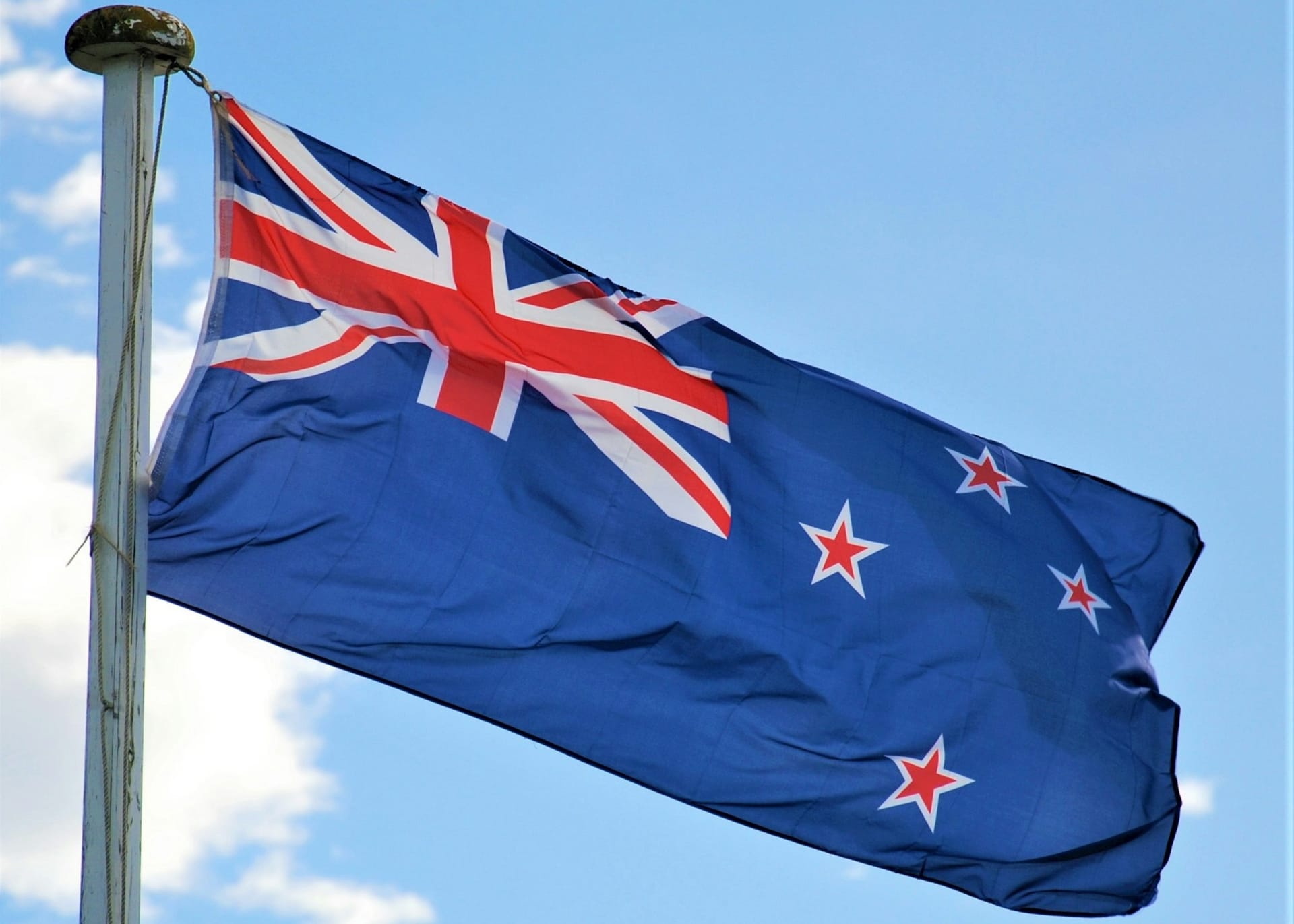Sex work in New Zealand dates back before the first arrival of British settlers, when indigenous practices differed hugely from the criminalised industry introduced by its colonial visitors.
This article explores how sex work has evolved in New Zealand, from pre-colonial attitudes on sexuality to the country’s present status as a global leader in sex-work rights.
Pre-Colonial Māori Sexuality
Long before the first European ships landed in Aotearoa, indigenous frameworks viewed sexual exchanges in a fundamentally different way from many contemporary understandings.
Sexual Exchanges Within Māori Society
Sexuality in pre-colonial Māori societies was viewed without the moral lens that exists in many Western communities today. Sexual exchanges played an openly accepted role in how Māori tribes, or iwi, operated.
They had several important social and political roles:
- As utu-based forms of exchange: gifting sex to express gratitude or as part of alliance-building
- In strengthening political ties or mana relationships
- As a sign of generosity and respect to guests (manaakitanga - offering a sleeping companion).
This fluid, normalised understanding was challenged when early British settlers arrived and struggled to reconcile this with their Christian Victorian moral belief systems.
Victorian Christian Moralism
New goods soon started circulating as Western traders arrived, along with new forms of sexual exchange. Some were consensual; others exploited power imbalances from the perceived value of items like guns and tools.
The concept of “prostitution” grew out of this dramatic shift, as customs like pāpāho were increasingly viewed as purely commercial and instrumental exchanges. This conflicted fundamentally with European settlers’ existing worldviews, sparking deep concerns about “moral decline” among many colonial officials.
Colonial Moral Panic and Imported British Laws
New Zealand had adopted many of Britain’s toughest laws on sex work by the mid-1800s, and these regulations fundamentally reshaped how female sexuality was viewed and understood.
The Criminalisation of Sex Work
In 1866, the Vagrancy Act was passed in New Zealand. Females specifically were punished for:
- soliciting in public
- being poor
- being unmarried
Sex work was also targeted for having potential implications on public health; the 1860s saw the introduction of the Contagious Diseases Act (CDA), with laws designed to control the spread of sexually transmitted diseases.
As police were granted the power to detain women for mandatory pelvic examinations forcibly, Māori and working-class women became particular targets. Brothel-keeping was also outlawed, making the entire infrastructure for sex work impossible.
Early Christian Feminist Resistance
By the mid-to-late 1880s, these changes had begun to trigger pushback, particularly middle-class White (Pākehā) women aligned with the Women’s Christian Temperance Union (WCTU).
They criticised the Act for:
- Violating women’s bodily autonomy
- Unfairly targeted women for examination and punishment
- Imposing Christian-influenced “morality” and “purity” understandings and ideals
In 1893, New Zealand became the first country to recognise women’s voting rights, triggering a shift toward rights.
20th-Century Policing, Stigma & Harm Reduction
The decades following the war saw stepped-up police action: brothel raids and street policing increased. Sex workers moved into alleyways, car parks, and other spaces to avoid enforcement, putting them in greater danger of assault and violence.
Many acknowledged that Māori women were disproportionately becoming police targets, and public attitudes remained deeply judgmental and moralistic.
Feminist Divide Over Sex Work
Feminist movements on these issues were deeply divided at the time, and still are today:
- Abolitionist feminists argued that all prostitution was inherently exploitative; they suggested ending the trade.
- Labour-rights feminists viewed sex work as legitimate employment; that those operating in the industry deserved the same legal protections as any other workers.
These arguments shape New Zealand’s ongoing debates around decriminalisation long after the passing of the Prostitution Reform Act (PRA).
The New Zealand Prostitutes’ Collective (NZPC)
When change eventually came, it was driven by sex workers organising to demand their recognition as legitimate workers within a decriminalised industry.
Founding and Advocacy Work
Founded in the 1980s by Catherine Healy, Bill Logan, and others, the New Zealand Prostitutes’ Collective (NZPC) became the nation’s first official organisation led by sex workers. Its work has included:
- Partnering with the Ministry of Health during the HIV crisis: Distributing condoms, running harm-reduction campaigns, and designing judgment-free health services for sex workers
- Running outreach programmes across major cities to give workers access to legal advice, sexual-health clinics, and safety planning
- Public education: Reframing sex work as legitimate employment and challenging the narrative of criminalisation as societal protection
- Forming political alliances to promote public-health and rights-based reform.
Role In Passing The Prostitution Reform Act (2003)
The NZPC played a critical role in shaping New Zealand’s PRA, arguing for:
- The legal recognition of sex work as work
- Workers’ right to refuse clients
- Improved safety protocols and workplace protection
- A focus on rights-based regulation over police-enforced control
The PRA has become a global reference point for demonstrating that sex-worker-led decriminalisation can have tangible outcomes: reduced violence, enhanced safety, and better public health.
Why This History Matters Today
Today, NZPC remains one of the world’s most influential sex-worker organisations. It continues to:
- Support workers from marginalised backgrounds: migrant, Māori, Pasifika, trans, and street-based individuals
- Provide health services, peer support, and STI testing
- Advocate against continued stigma and discrimination
- Maintain research partnerships to monitor the PRA’s practical impacts
Although New Zealand is often considered a golden example of sex-work reform, many attitudes are still shaped by the challenges introduced during the colonisation era:
- Stigma from Victorian concepts of morality and 'purity' remains
- Migrant sex workers are excluded from operating under the PRA’s immigration clauses
- Transgender, Māori, and Pasifika sex workers still experience discrimination and disproportionate structural barriers
While a truly equalising framework is still in progress, the NZPC has helped ensure New Zealand's discussions on sexuality and the sex industry are open to and shaped by workers’ voices.

